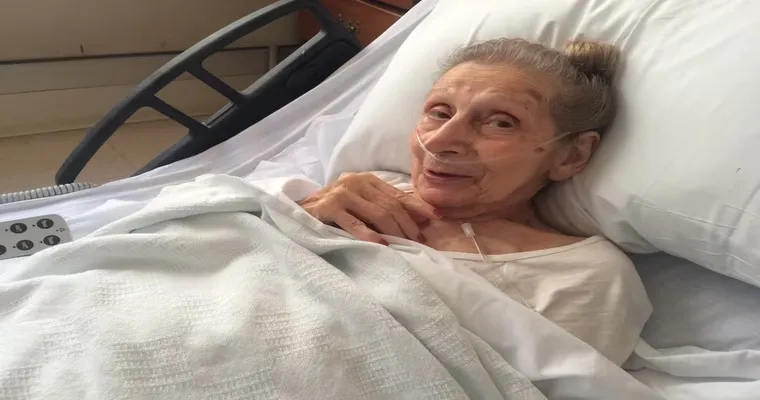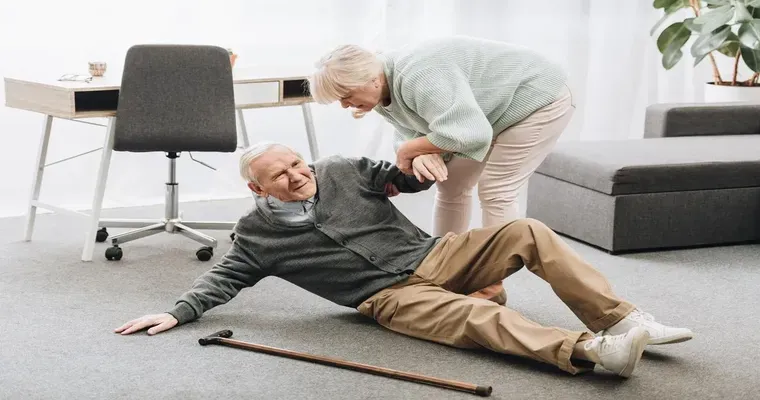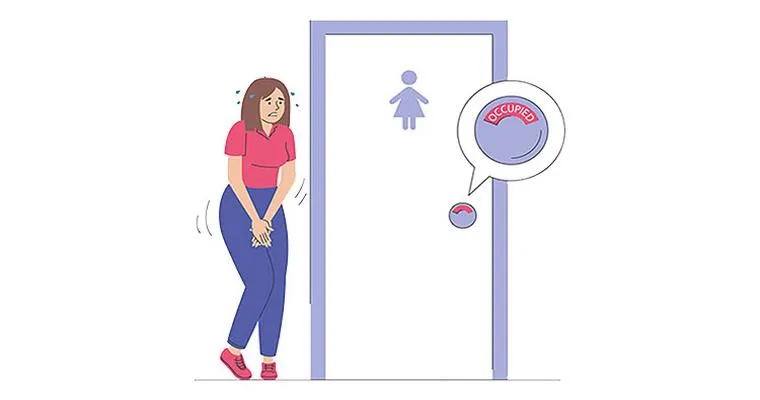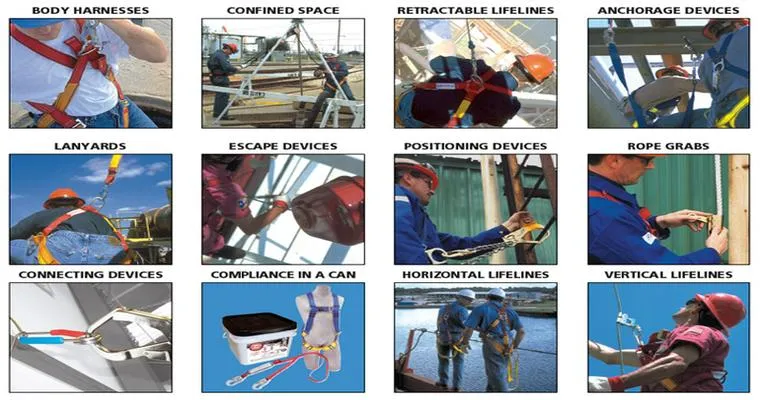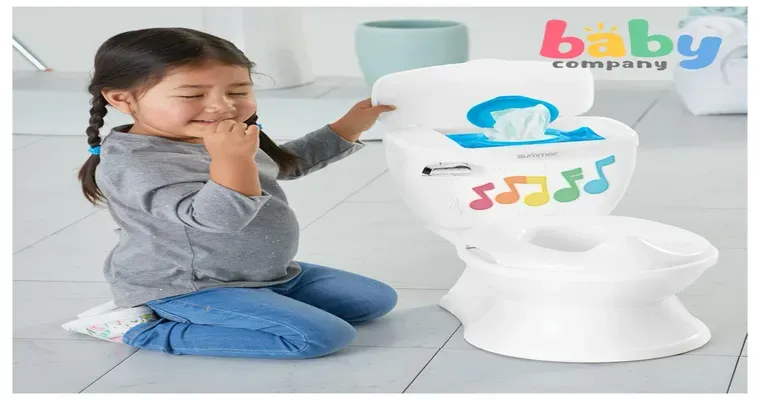In a recent article from "The Washington Post", a troubling situation has come to light regarding "senior homes" and their response to residents who have fallen. Many facilities are reportedly refusing to assist fallen residents, instead opting to dial "911" for emergency services. This raises significant concerns about the care provided in these establishments and the overall well-being of elderly individuals who may require immediate assistance.
The practice of calling emergency services instead of addressing the needs of residents directly is not just a logistical issue but also highlights deeper systemic problems within the "senior care" industry. Many families place their trust in these facilities, expecting timely and compassionate care for their loved ones. When staff members choose to call 911 rather than help a resident themselves, it can lead to delays in care and exacerbate the distress of those who have fallen.
There are several reasons why senior homes might adopt this approach. First, liability concerns often weigh heavily on the minds of facility managers. Staff may fear potential legal repercussions if they attempt to assist a fallen resident and inadvertently cause further injury. This hesitation can lead to a reliance on emergency services, which may not always be the most efficient response for every situation.
Additionally, understaffing in many senior homes can contribute to this issue. With fewer caregivers available to assist residents, facilities may feel overwhelmed and ill-equipped to handle situations as they arise. This lack of resources can result in a systemic failure to provide adequate care, leaving vulnerable seniors in precarious situations.
The emotional impact on residents who experience falls can be profound. Many elderly individuals may feel humiliated or scared after falling, and the delay in receiving help can intensify these feelings. Instead of receiving immediate care and reassurance from staff, they are left to wait for external emergency responders, which can be a frightening experience.
Families of residents are understandably frustrated by these incidents. They expect that their loved ones will receive prompt assistance from trained staff who are familiar with their needs. When senior homes prioritize calling 911 over direct intervention, it raises questions about the overall philosophy of care within these facilities.
As the discussion continues, it is essential for senior care facilities to reevaluate their policies and practices regarding resident safety. Training staff to handle falls and providing adequate resources can help create a more supportive environment for residents. By fostering a culture of care that prioritizes immediate assistance, facilities can improve the quality of life for their residents and restore trust among families.
In conclusion, the situation reported by "The Washington Post" sheds light on a pressing issue in the "senior care" sector. As these facilities navigate the complexities of liability, staffing, and resident care, it is crucial that they prioritize the well-being of their residents. The reliance on emergency services instead of providing direct support raises important questions about the standards of care that should be expected in senior homes. Addressing these concerns can lead to better outcomes for all involved and ensure that seniors receive the compassionate care they deserve.

